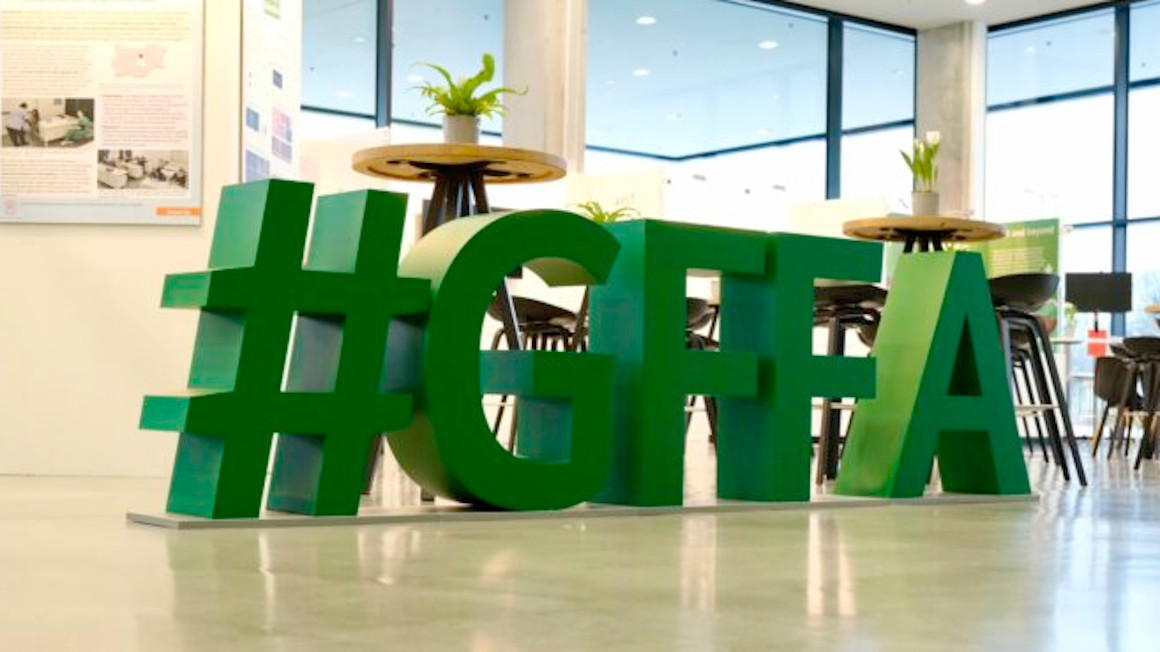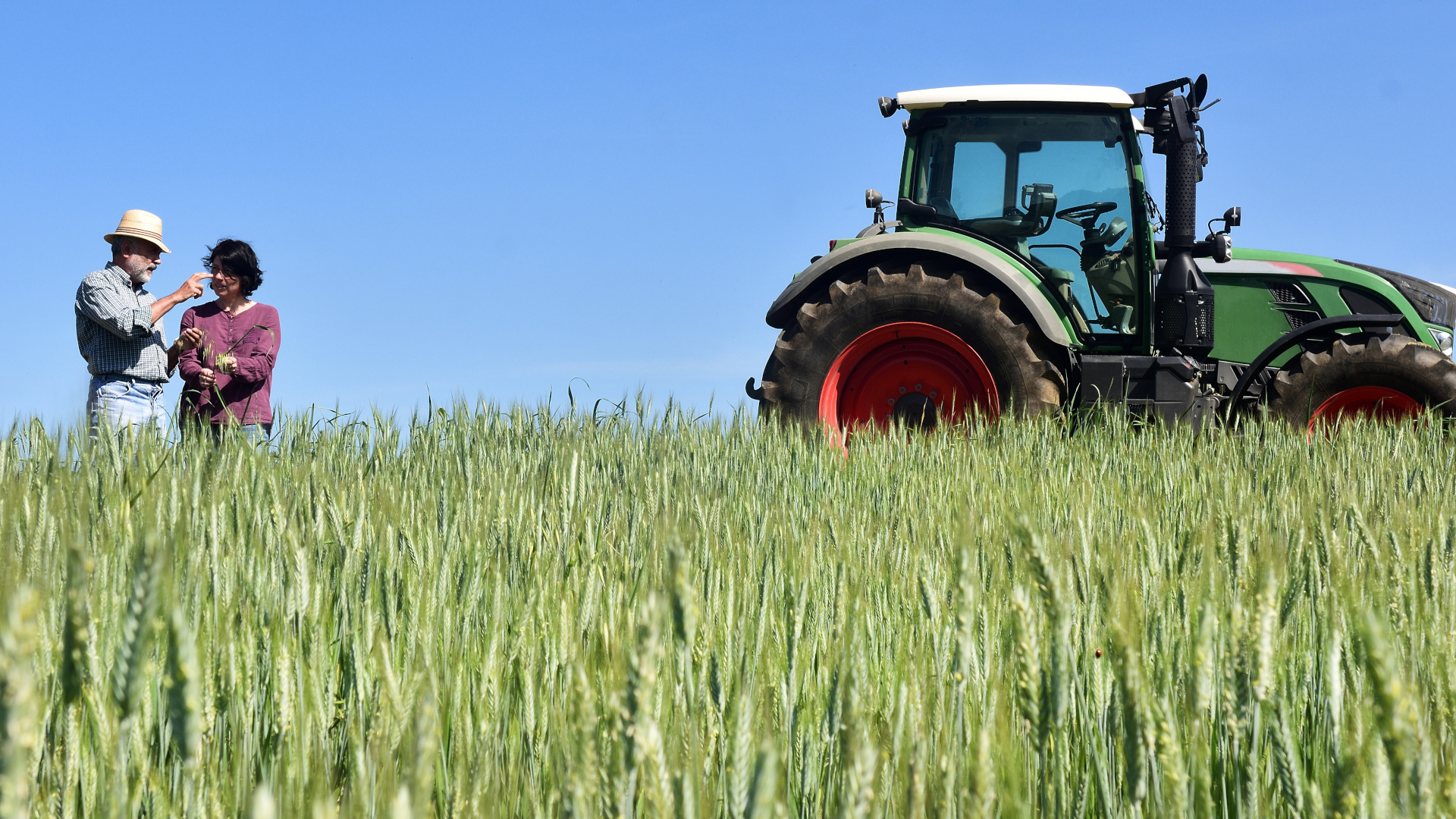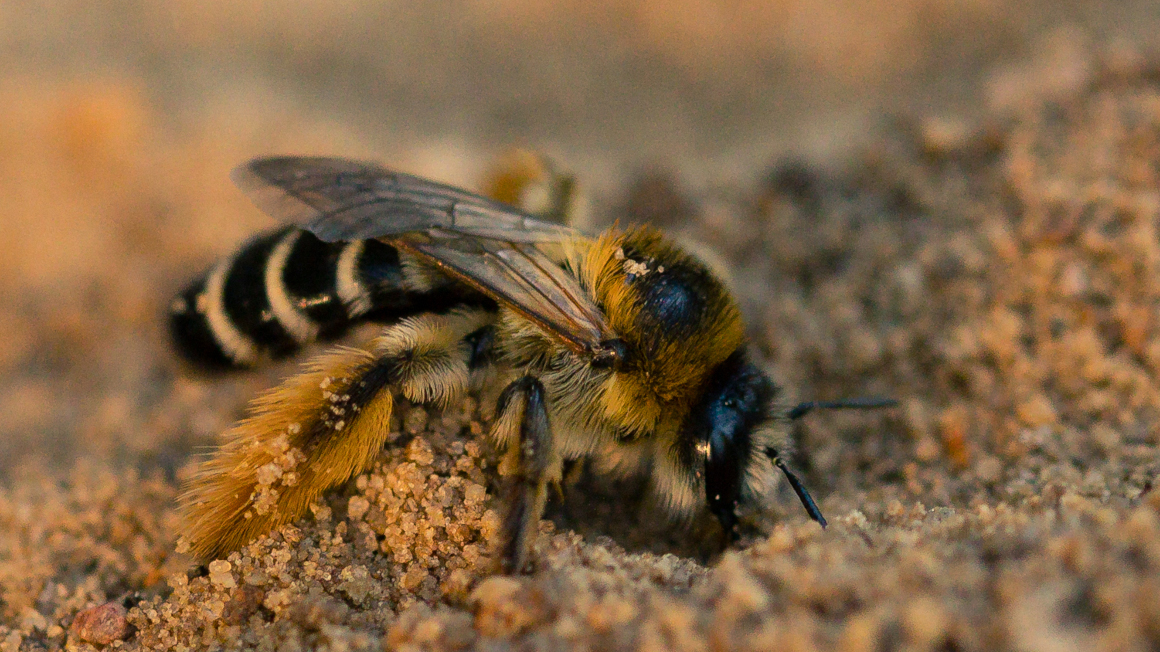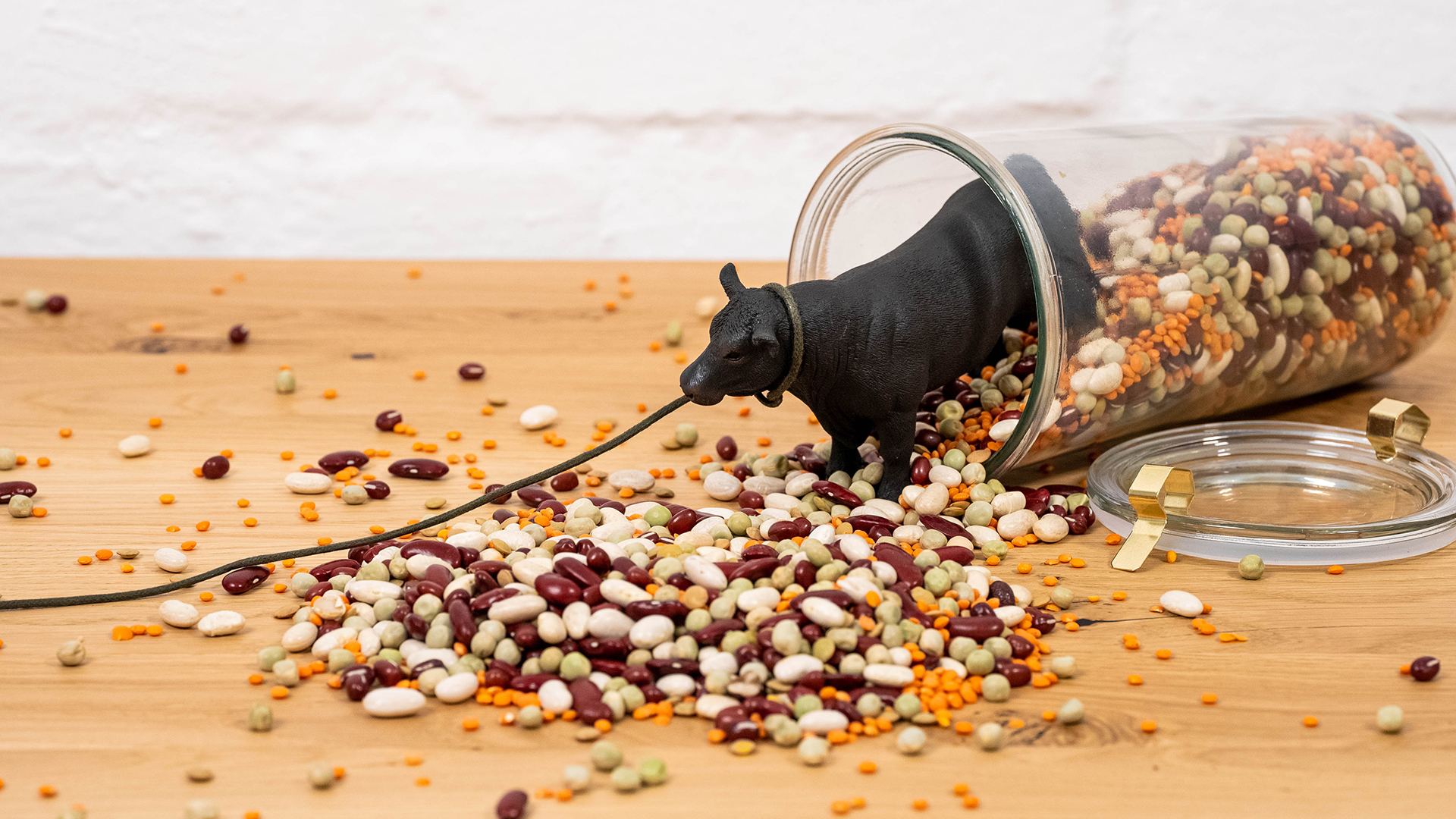GFFA 2025: Focus on the bioeconomy
At the 17th Global Forum for Food and Agriculture (GFFA) in Berlin, agricultural and food policy experts will be looking for solutions on how to make the bioeconomy sustainable in order to secure the world's food supply and combat climate crises.

Traditionally, the Federal Ministry of Food and Agriculture (BMEL) organises the World Food Conference in Berlin at the start of the Green Week to kick off the year. This year, around 2,000 representatives from politics, business, science and civil society will once again discuss global agricultural and food policy issues in the CityCube from 15 to 18 January. The 17th edition of the Global Forum for Food and Agriculture (GFFA) will focus on the topic of ‘Shaping a sustainable bioeconomy’.
Shaping a sustainable and fair bioeconomy
‘A sustainable, circular bioeconomy protects resources, contributes to the fight against the climate crisis, strengthens food security and opens up new income opportunities,’ said Federal Minister of Food and Agriculture, Cem Özdemir. ‘For this to succeed, we must shape the change together and in international cooperation. That is why I would like to use the GFFA for a constructive dialogue with agriculture ministers worldwide – with the aim of shaping a sustainable bioeconomy.’ The bioeconomy can also contribute to achieving 11 of the 17 United Nations Sustainable Development Goals (SDGs).
During the three-day meeting, the participants will discuss in various sessions how the expansion of a circular bioeconomy can be accelerated. The aim is to strengthen food security, combat the climate crisis and promote innovation. At the same time, framework conditions are to be created in order to organise a sustainable bioeconomy in a fair manner. The discussion rounds will focus on four central topics of the bioeconomy in order to make agriculture more sustainable.
Producing and utilising biomass sustainably
Raw and residual materials from agriculture, forestry and aquaculture as well as microorganisms and insects serve the bioeconomy worldwide as a basis for the development and manufacture of new sustainable products and processes. The GFFA's topic ‘Producing biomass sustainably – resolving conflicting goals’ focuses on sustainable biomass utilisation, which is the basis for a future-proof bioeconomy. Using various examples, the conference aims to improve understanding and ‘strive for agreement on common basic principles’.
The topic of ‘Utilising biomass sustainably – securing the world's food supply’ will focus on how saving raw materials and avoiding waste can lead to the efficient and responsible use of natural resources. During the sessions, experts will use specific examples to discuss how material cycles can be closed in the bioeconomy, how the cascade principle can be utilised effectively and how food losses and waste can be reduced.
Promoting innovation and creating fair framework conditions
Research and innovation are seen as drivers of the bioeconomy. Biological processes can already be used to reduce the use of chemical pesticides and make the production of food and textiles more sustainable. Despite their great potential, such innovative applications have not yet reached the mainstream. On the topic of ‘Strengthening innovation – promoting communication’, the participants of the World Food Conference want to learn from each other and discuss how to promote the exchange of knowledge in this area and what obstacles need to be overcome to achieve this.
With the increasing use of biogenic raw and residual materials such as straw, green waste and wood, new value chains must be established and socially, ecologically and economically fair framework conditions created. How this can be achieved will be debated in the topic ‘Shaping fair framework conditions – utilising change’.
Global Forum for Food and Agriculture 2025
The programme of the 17th GFFA and the livestream are freely accessible via the conference website.
Final communiqué at the Agriculture Ministers' Meeting
The political highlight of the meeting is the Berlin Agriculture Ministers' Conference on the last day of the congress. Around 70 agriculture ministers and high-ranking representatives from more than ten international organisations – including the FAO, OECD, WTO and World Bank – will attend the world's largest meeting of agriculture ministers, chaired by German Agriculture Minister Cem Özdemir, and adopt a joint final communiqué.
bb


